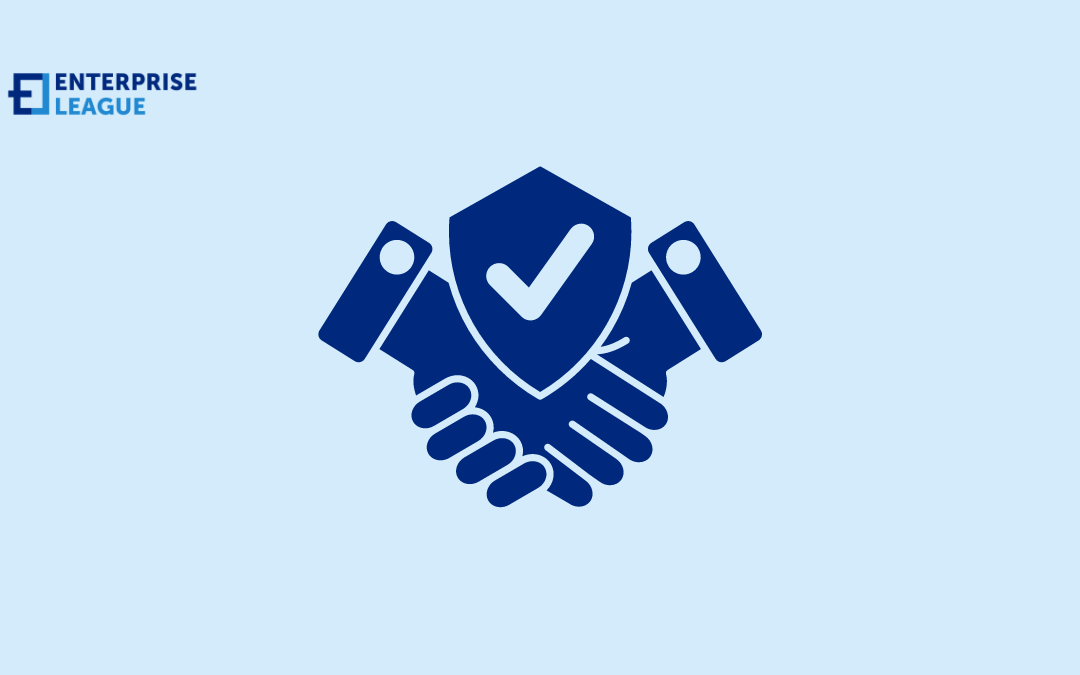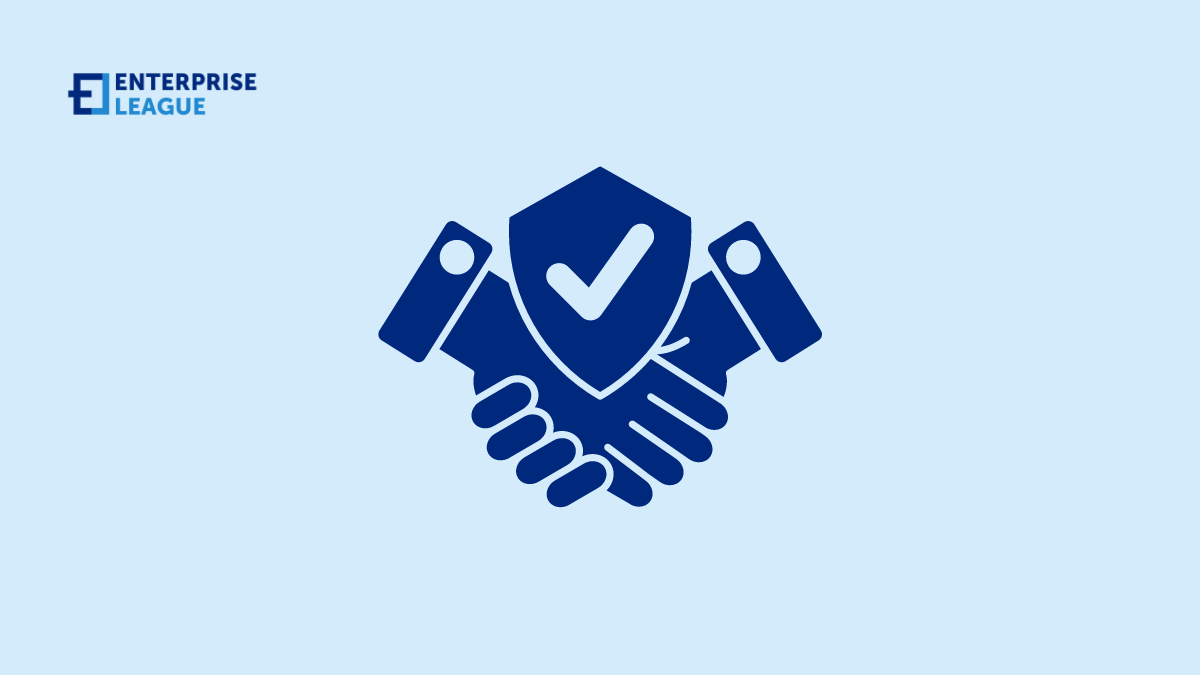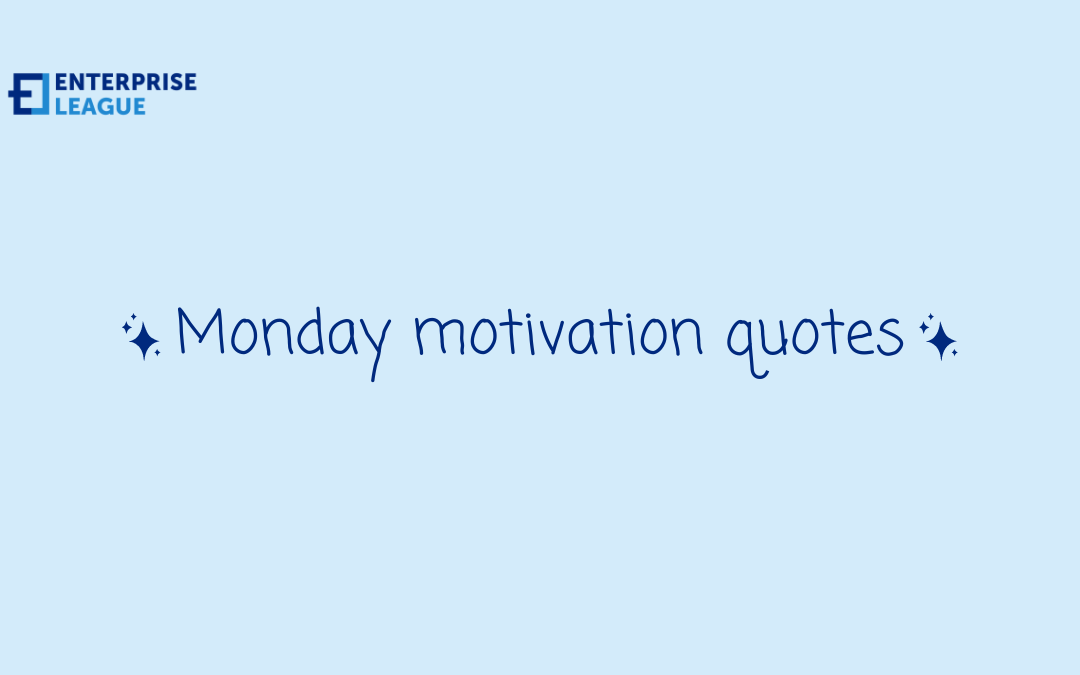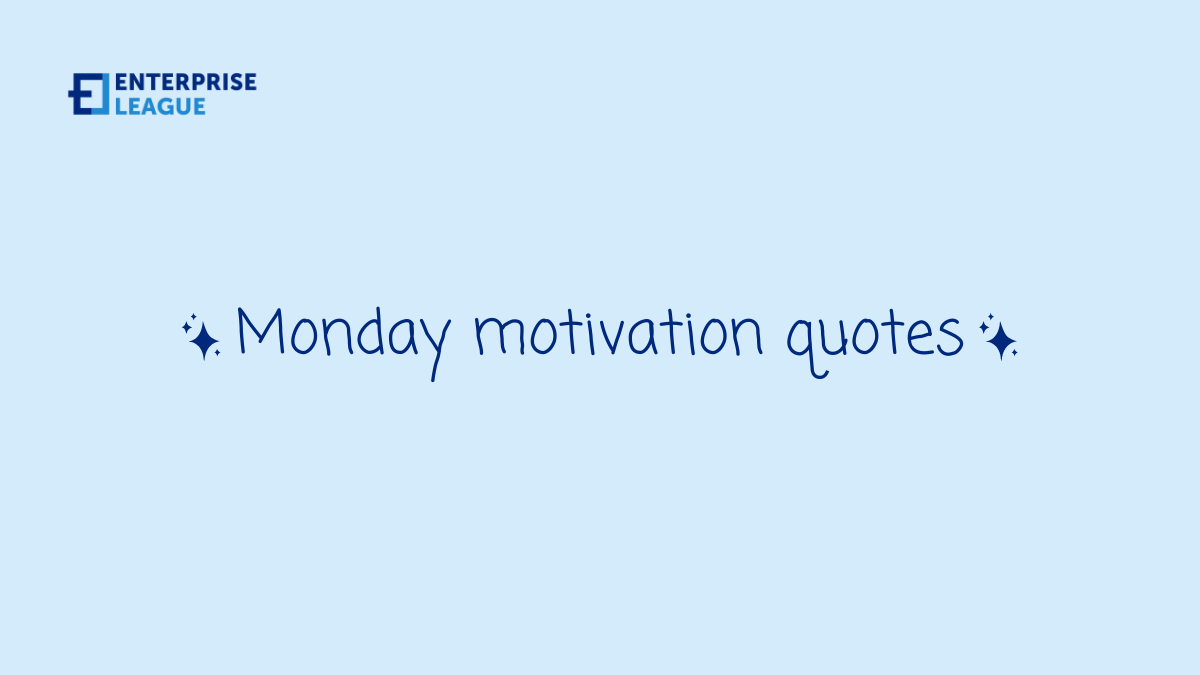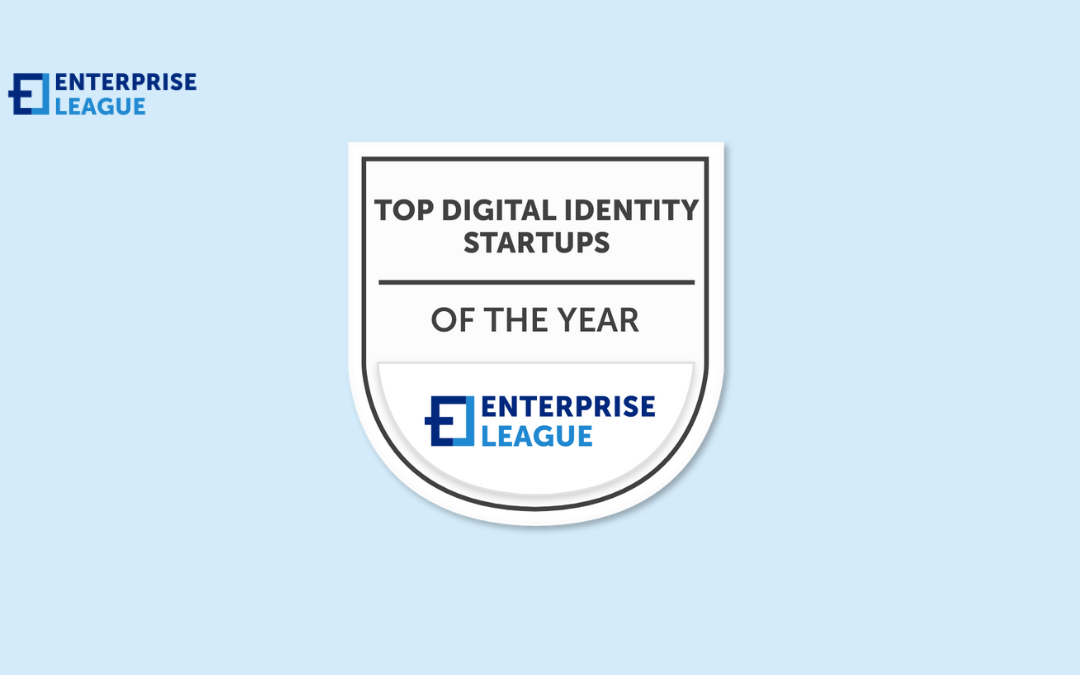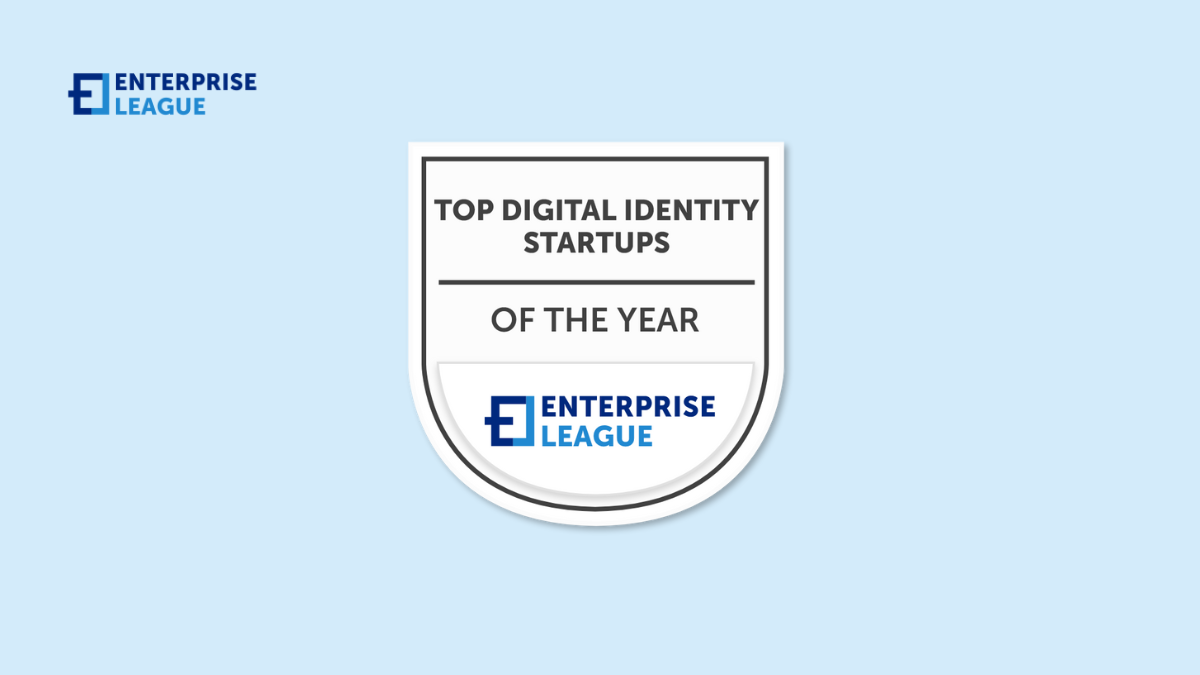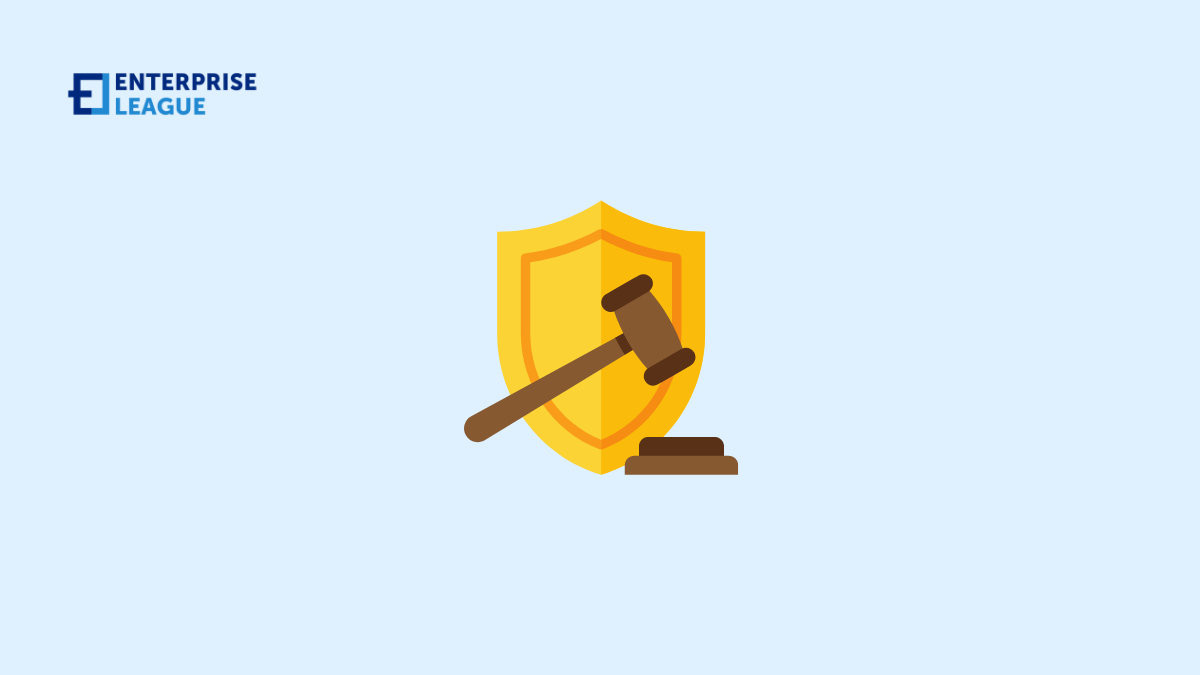In 2024, two innovative entrepreneurs with nearly a decade of experience in computer hardware took a bold step forward. They launched Hyper Cyber, a fresh brand focused on custom-built PCs that deliver power, individuality, and peak performance for discerning...

29 starting a business quotes to inspire you
Starting your own business can be a scary thing to do for most people. The challenge is not because of a lack of skills or will, but most people might need some extra motivation to help them take the jump. Once you start your own business, you agree to a lifelong commitment with a lot of ups and downs and even when it comes to small victories, it feels good when you know that someone has your back and keeps up your motivation spark.
But what if you haven’t found this person yet? Well, the good thing with the internet you can easily resources for motivation that can help you keep going when things get tough.
So make yourself a cup of coffee, take your notebook, and go over these quotes about starting a business, shared by business owners who once had the same doubts as you.
29 starting a business quotes to give an extra boost
Here are some quotes to reflect on in times when you are dealing with burnout and need extra motivation:
- “The way to get started is to quit talking and begin doing.” — Walt Disney
- “If you don’t drive your business, you will be driven out of business.” — B.C. Forbes
- “You don’t need to have a 100-person company to develop that idea.” — Larry Page
- “The secret to successful hiring is this: look for the people who want to change the world.” — Marc Benioff
- “The biggest mistake a small business can make is to think like a small business.” — Aruna Bhayana
- “You have to work on the business first before it works for you.” — Idowu Koyenikan
- “You can’t be successful in business without taking risks. It’s really that simple.” — Adena Friedman
- “Fearlessness is not the absence of fear: It’s the mastery of fear. It’s about getting up one more time when we fall down.” — Arianna Huffington
- “Don’t worry about failure: You only have to be right once.” — Drew Houston
- “The secret of business is to know something that nobody else knows.” — Aristotle Onassis
- “You can’t do it all. You have to give what you’ve got for the day, and leave the rest for tomorrow.” — Beatrice Dixon
- “Whenever you see a successful business, someone once made a courageous decision.” — Peter F. Drucker
- “Running that first shop taught me business is not financial science; it’s about trading. Buying and selling.” — Anita Roddick
- “Business is not just doing deals; business is having great products, doing great engineering and providing tremendous service to customers. Finally, business is a cobweb of human relationship.” — Henry Ross Perot
- “A satisfied customer is the best business strategy of all.” — Michael LeBoeuf
- “If you are not taking care of your customer, your competitor will.” — Bob Hooey
- “The heart and soul of a company is creativity and innovation.” — Bob Iger
- “A business has to be involving, it has to be fun, and it has to exercise your creative instincts.” — Richard Branson
- “In the world of business, the people who are most successful are those who are doing what they love.” — Warren Buffett
- “To any entrepreneur: if you want to do it, do it now. If you don’t, you’re going to regret it.” — Catherine Cook
- “Entrepreneurship is neither a science nor an art. It is a practice.” — Peter Drucker
- “Start small, think big. Don’t worry about too many things at once. Take a handful of simple things to begin with, and then progress to more complex ones.” — Thich Nhat Hanh
- “The value of an idea lies in the using of it.” — Thomas Edison
- “Build your own dreams, or someone else will hire you to build theirs.” — Farrah Gray
- “Pursue the business that you care about, and then work will feel like play.” — Unknown
- “A leader’s job is to look into the future and see the organization not as it is, but as it should be.” — Jack Welch
- “Start where you are. Use what you have. Do what you can.” – Arthur Ashe
- “The journey of a thousand miles begins with a single step.” – Lao Tzu
- “Success usually comes to those who are too busy to be looking for it.” – Henry David Thoreau
Conclusion
With hard work, perseverance, and an unwavering belief in your dreams, you have the power to turn your vision into a thriving reality. So take that leap of faith, for as Wayne Gretzky famously said, “You miss 100% of the shots you don’t take.” and start your successful business story.
More must-read stories from Enterprise League:
- Debunking the most common myths of entrepreneurship.
- The only list of novels for entrepreneurs that you will ever need.
- Getting your product in stores doesn’t have to be complicated.
- Find out how having age diversity in the workplace can improve your business.
Related Articles
From Tampa to the Top: How Hyper Cyber Is Redefining Custom PC Builds in America
Navigating Cross-Border Logistics: How Small US Businesses Can Successfully Expand Into Canada
For small businesses in the United States, Canada offers a practical and profitable first step toward international expansion. With its geographic proximity, shared language and strong economic ties to the U.S., Canada has become a strategic choice for entrepreneurs...
How Small Businesses Can Leverage Tech Trends to Scale in 2025
The modern world of digital marketing is extremely dynamic, and to keep up with the competition, besides having a reliable marketing strategy, you also need to stay current with upcoming technology that will define your next step. A sleepy trend that may be worth a...
Can I Buy Custom Soundproofing Solutions for My Business
Noise can disrupt productivity, client interactions and workplace comfort. For business owners, custom soundproofing solutions create a space where people can focus, collaborate and perform at their best. Companies now offer options ranging from eco-friendly materials...
Can I Get a Quote for Storage Container Rental in Arizona
Storage containers can be a lifesaver when you're running a construction project in Phoenix, setting up a pop-up retail location in Tucson or clearing space at home. Choosing storage container rental in Arizona gives you secure, flexible space without the hassles of...







